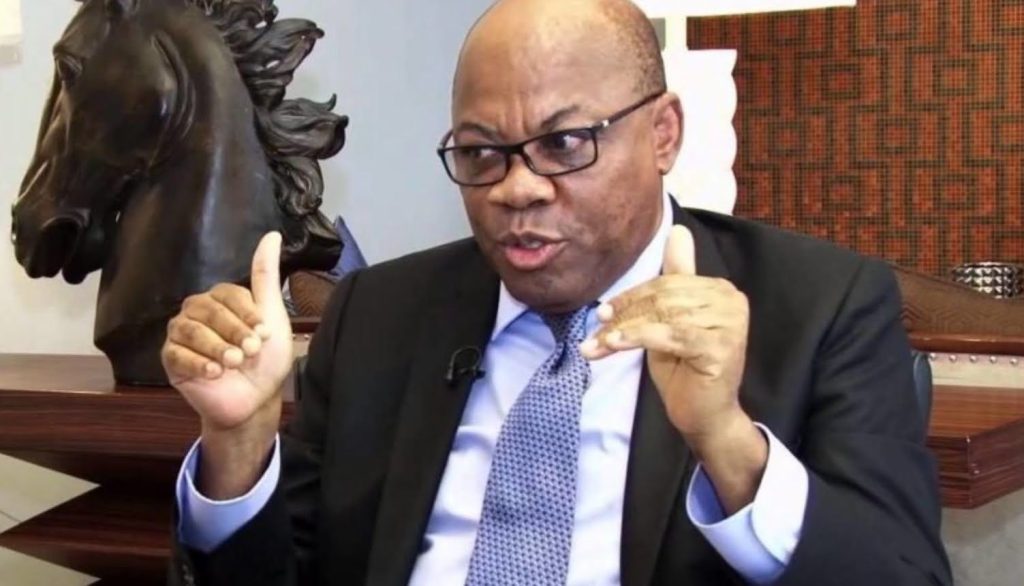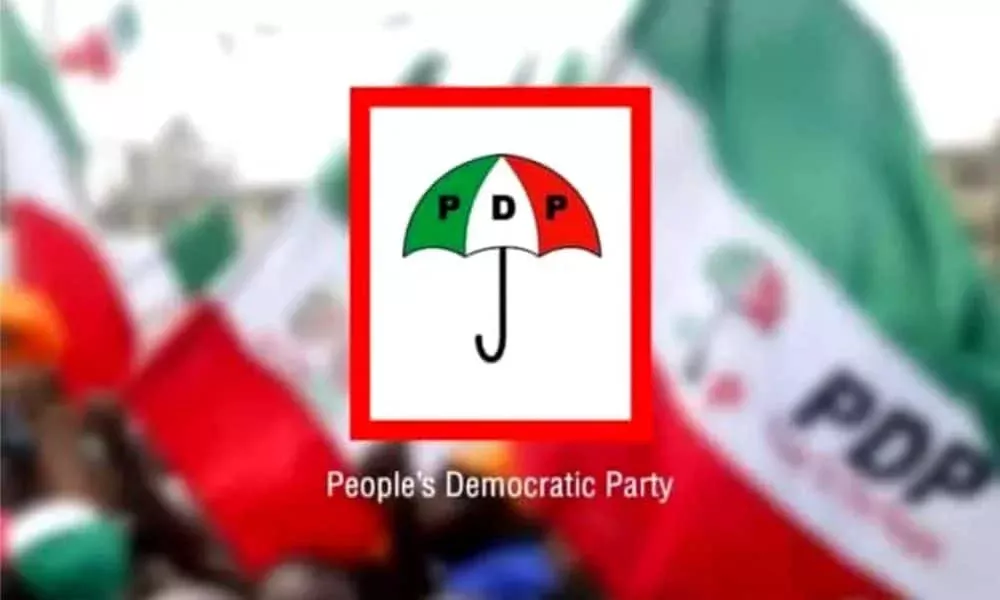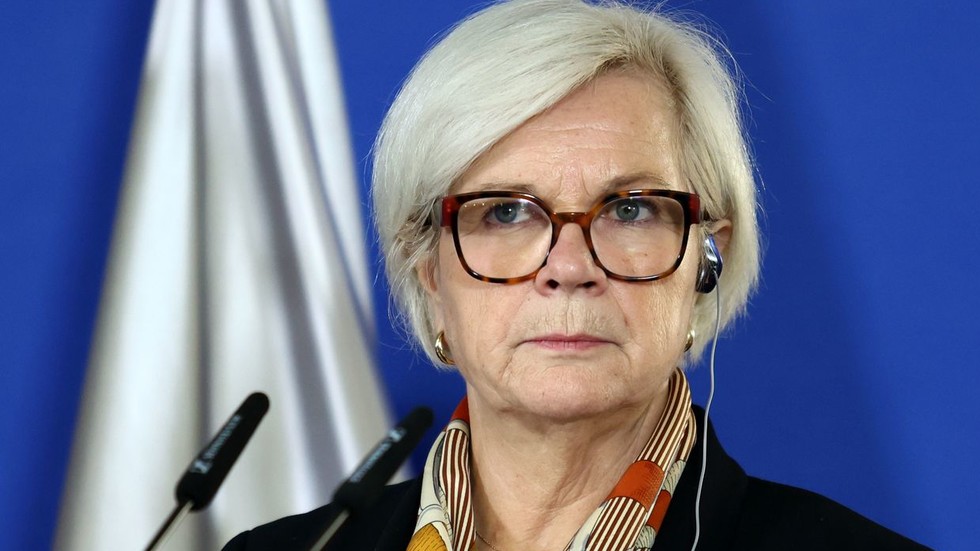Human Rights Crisis Deepens in Democratic Republic of Congo
The Democratic Republic of Congo is facing a severe human rights crisis, with armed clashes, attacks on schools and hospitals, sexual violence, and other forms of abuse escalating across the country. The situation has been described as a "volatile mix of escalating violence, regional and international interests, exploitative businesses, and weak rule of law" by the United Nations High Commissioner for Human Rights, Volker Türk.
Türk urged the international community to pay more attention to the plight of Congolese civilians, who are being victimized by armed groups fighting in the eastern provinces. He highlighted the growing number of victims of human rights violations, including deadly attacks against civilians and civilian infrastructure, and the spread of sexual violence despite efforts to prevent and investigate cases.
The UN High Commissioner also appealed to countries of influence to use their power to ensure the fighting stops, stating that any role played by Rwanda in supporting the M23 rebel group in North Kivu must end. He emphasized that hate speech and incitement to discrimination and violence are fueling the conflict and increasing political tensions across the country.
In response, the Democratic Republic of Congo’s Minister of Human Rights, Chantal Shambu Mwavita, said her government has made great progress in protecting human rights, despite challenges posed by the war in the east. She pointed to Rwanda’s alleged support for armed groups and demanded the immediate and unconditional withdrawal of Rwandan troops from DRC territory.
Rwanda has denied supporting the M23 rebels, with Foreign Minister Olivier Nduhungirehe accusing the Congolese government of refusing to sign an agreed deal to resolve the conflict. The country’s ambassador to the UN in Geneva, James Ngango, expressed concern about the escalation of abuse and human rights violations in the eastern DRC, particularly sexual violence and violence against children.
The UN’s peacekeeping force, MONUSCO, has been criticized for its slow response to the crisis. The force is supposed to leave the country by the end of the year, but it appears to have been given a reprieve. Several thousand soldiers remain in North and South Kivu and Ituri provinces.
The conflict in the DRC has come at a high price, with the country struggling with twin humanitarian crises – an internal displacement crisis and a food crisis. The UN reports that 7.2 million people are currently internally displaced, and nearly 26 million face acute hunger.
The international community must take immediate action to address the human rights crisis in the Democratic Republic of Congo. The situation is dire, and the consequences of inaction will be devastating for the people of the DRC.



